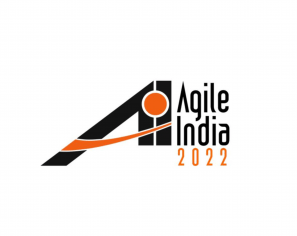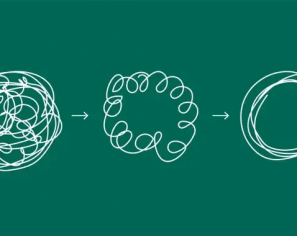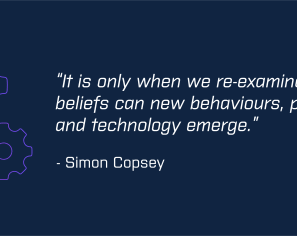August 29, 2018 | Software Consultancy
My last year or so here at OpenCredo has involved a very well-supported first foray into tech consultancy. Different engagements pose both unique, as well as familiar challenges for me as a consultant, all of which played a part in shaping and moulding the way I understand and approach problems. This blog is a brief collation of wisdom that’s helped me the most during this adventure; gained by learning the hard way, as well as that acquired from mentoring and colleagues who have gone before. The shared wisdom has made me a much more effective consultant, and kept me sane in the process, for which I’m very thankful.

With thanks to my colleagues at OpenCredo for sharing this knowledge at one time or another.
This blog is written exclusively by the OpenCredo team. We do not accept external contributions.

Agile India 2022 – Systems Thinking for Happy Staff and Elated Customers
Watch Simon Copsey’s talk from the Agile India Conference on “Systems Thinking for Happy Staff and Elated Customers.”
Lean-Agile Delivery & Coaching Network and Digital Transformation Meetup
Watch Simon Copsey’s talk from the Lean-Agile Delivery & Coaching Network and Digital Transformation Meetup on “Seeing Clearly in Complexity” where he explores the Current…
When Your Product Teams Should Aim to be Inefficient – Part 2
Many businesses advocate for efficiency, but this is not always the right goal. In part one of this article, we explored how product teams can…